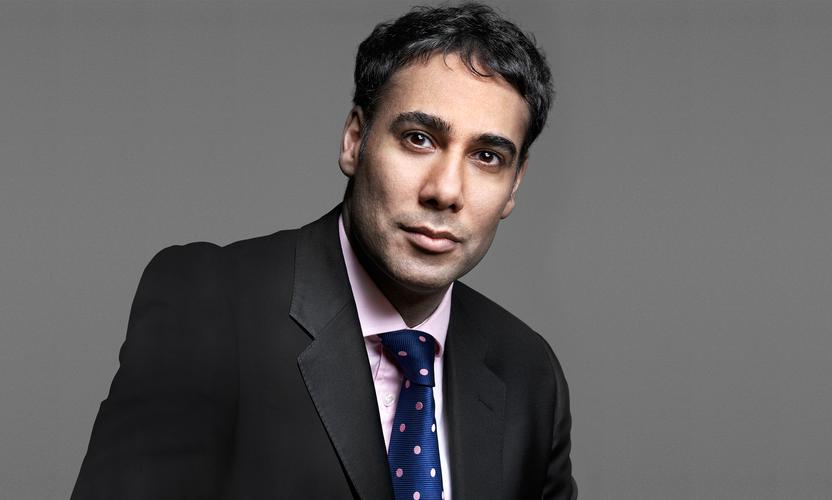Rising expectations that ongoing negotiations would eventually lead to trade agreements had contributed to this year’s sharp China market rebound and gave investors around the world a breather. Then last week China revised a draft deal, and US President Donald Trump announced the tariff hike, to which China has said it would retaliate.
As has been the case for months, the situation remains highly fluid. The market reaction was muted, with US stock futures dropping modestly and Asian shares paring their gains, while mainland shares and the yuan strengthened. The new tariffs apply to cargoes leaving China from Friday, so it will be a while before their impact shows up in trade data. But US trade data for March released on Thursday showed that the politically sensitive US goods trade deficit with China - the Trump administration’s key gauge - shrank to a five-year low.
What US-China trade tension means for investors: views from the Asia investment desk
- “The US and China have a symbiotic economic relationship and markets are looking for them to find a workable solution. While the higher tariffs have now gone into effect, I expect we will see more ‘to-ing and fro-ing’ between the two governments. It’s notable that the increase will only impact products that leave China from May 10 and not those in transit - which could provide time for the Chinese and US authorise to reach an agreement. There is also some speculation that President Trump could reverse the tariffs once a deal is finalised. Expect disruption to continue to influence markets in the short-term as a lack of conviction and direction continues. Central banks are likely to remain accommodative in terms of monetary policy, which supports high quality names both in equities and bonds. From a China perspective, speculation is building we will see further fiscal easing, which in turn, could support infrastructure related sectors. Across both our fixed income and equities portfolios, we continue to focus on domestic plays rather than those with direct exposure to trade.” - Paras Anand, Head of Asset Management, Asia Pacific
- “We maintain the view that the ongoing trade war has had more of an impact on investor sentiment than the earnings of Chinese companies. We also disagree with Trump’s comments that the US would be unaffected by this escalation - with the impact of a full-blown trade war likely to be felt across both sides of the world.” - George Efstathopoulos, Portfolio Manager
- “The heart of the problem is that China is closing the gap with the US to be the world’s most powerful economy, so the threat of tariffs by Trump will likely continue as a negotiating tool to challenge China’s growing international influence and its government support for globally strategic industries. However, I believe China’s pace of technological innovation, international importance and growing economy will be hard to stop. With this in mind, and an incrementally more benign credit and liquidity environment in China, I view these bouts of volatility as potential buying opportunities.” - Hyomi Jie, Portfolio Manager
- "The China-US trade tariff issue has now dominated investor sentiment for some time and we have been factoring its potential impact in assessing the individual stock-led opportunities. I believe that this issue will prompt additional market reform in China, and we have already seen it unfold.” - Jing Ning, Portfolio Manager
- “So far this year we had seen a range of positive dynamics positively impact the market such as the changing stance on US Federal rate hikes (dovish) and an appreciating RMB, improving consumption and a stabilisation of car sales. However, the China-US trade dispute has now impacted sentiment for some time and I have been considering the impact on investment opportunities. As I mentioned earlier this year I believe that this overhang is still likely to be a longer-term ongoing theme and while these tensions remain high, Chinese equity markets are likely to be volatile.” - Raymond Ma, Portfolio Manager










































